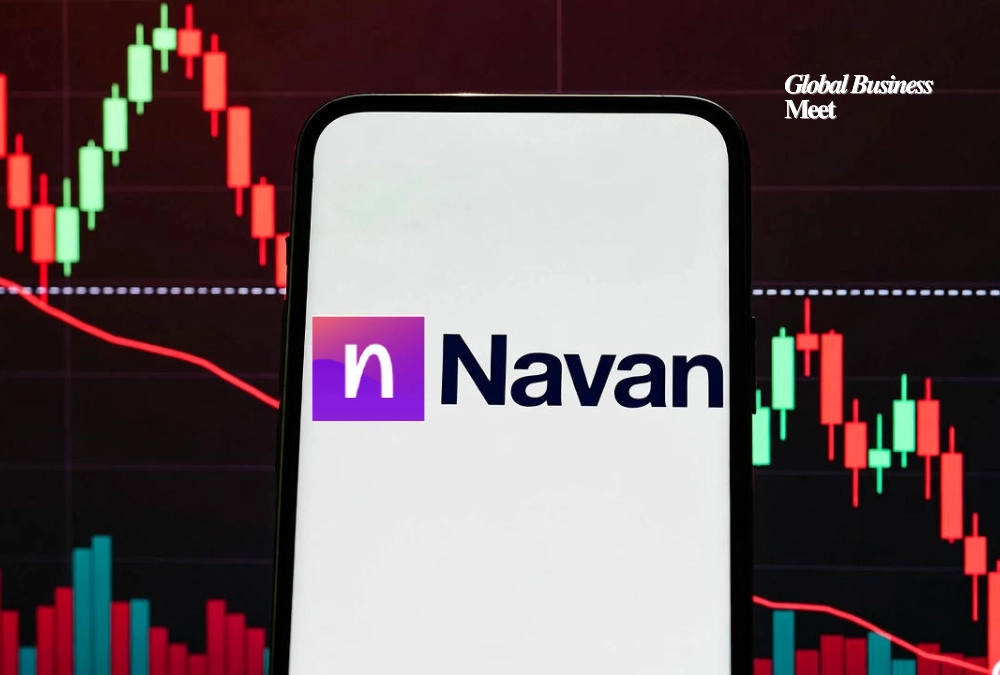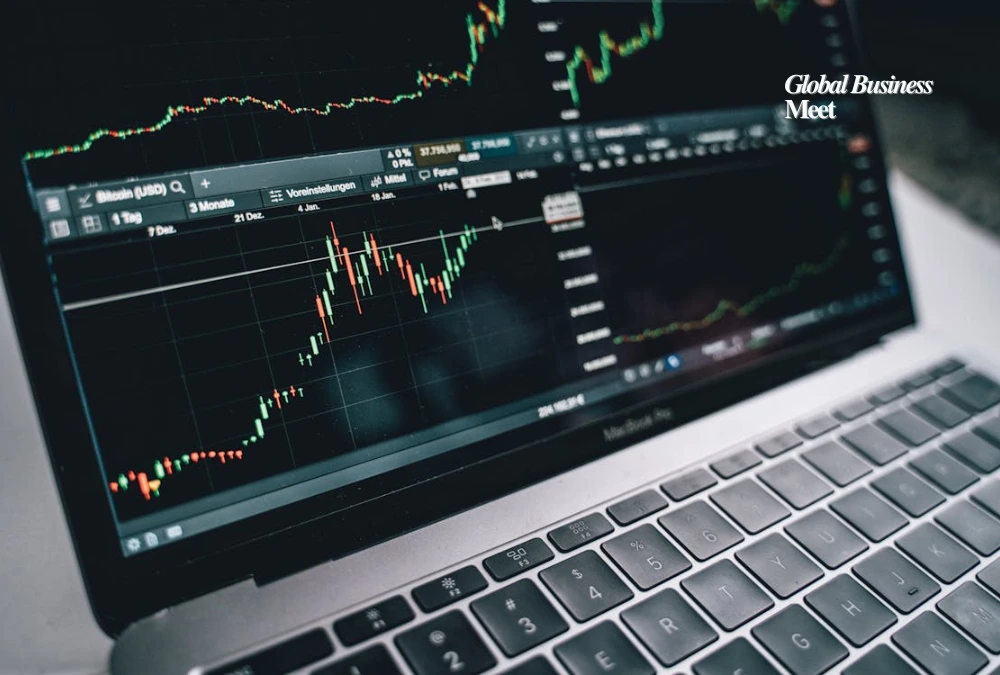
Despite volatility in stocks, fintech leaders are expanding their offerings.
Leading fintech companies are going ahead with expansion strategies, product diversification, and technology enhancements to consolidate their market positions despite continued stock market volatility. To stay competitive in the changing financial landscape, companies such as PayPal, Monzo, MercadoLibre, Stripe, and Southeast Asian technology giants are making major strategic moves.
PayPal Adapts to Market Changes
Recently, PayPal, led by CEO Alex Chriss, posted a $437.8 billion total payment volume, which was a bit less than anticipated. As a result, PayPal is looking to broaden its product portfolio in a bid to maintain its financial performance stable in the face of a changing economic environment. Even though its shares have fluctuated, the company continues to pursue new sources of revenue and ways of improving operational efficiency.
Monzo’s IPO Plans and Financial Performance
UK neobank Monzo boosted its valuation to $5.9 billion in 2024 following its first pre-tax profit of £15.4 million. Monzo now has over 11 million customers and is now considering expanding internationally and perhaps listing on the public markets, presumably in the US. How the stock market is doing will be a big factor in the final decision by the company. Fintech heavyweights like Wise (market capitalization of £11 billion) and Revolut ($45 billion valued) are also formidable rivals of Monzo, though, and both are rapidly growing.
The Tech-Driven Growth of MercadoLibre
With a market capitalization of over $100 billion, MercadoLibre, the Latin American fintech and e-commerce giant, has emerged as the region’s most valuable company. The firm is also growing its lending business through the use of financial services convergence and artificial intelligence to provide instant loans to businesses and consumers. It is also expanding its logistics network in terms of electric delivery vans and drone technology to improve the efficiency of its services. MercadoLibre’s synergy of e-commerce and digital finance positions it favorably within Latin America’s expanding digital payment ecosystem, even in the presence of local fintech rivals.
The Stripe AI and Crypto Growth
Payments giant Stripe experienced a robust recovery in 2024, increasing its valuation from $50 billion in 2023 to $70 billion. The firm is expanding cross-border payments and emphasizing AI-driven fraud prevention tools. Stripe is taking a big leap by bringing back cryptocurrency payments, beginning with the USDC stablecoin on the Solana, Ethereum, and Polygon blockchains. On top of that, the company has seen a high rate of returning employees and is also hiring aggressively, with over 680 job openings.
The Fintech Integration of Southeast Asia
In an effort to increase participation, Southeast Asia’s leading tech companies are integrating fintech services into their ecosystems. Focusing on profitability in the fourth quarter of the year, GoTo Gojek Tokopedia is merging financial services, including Bank Jago. Similarly, Grab Holdings is growing GXS Bank, its digital banking subsidiary, by taking advantage of Singapore’s regulatory framework that enables it to provide more interest rates to lure customers. These actions reflect the growing contribution of fintech to Southeast Asia’s digital economy.
A snapshot of stock performance
Significant fintech stocks have been traded irregularly through February 22, 2025:
Block Inc (SQ): $86.96 (+0.006%)
PayPal Holdings (PYPL): $74.95 (-0.034%)
Visa Inc (V): $348.53 (-0.005%)
Mastercard (MA): $557.51 (-0.010%)
Fiserv Inc (FISV): $232.34 (-0.008%)
Despite marketplace volatility, fintech organizations are continuing to build out products and services, riding technology advancements, regulatory reforms, and user needs to sustain growth over the long term.





































